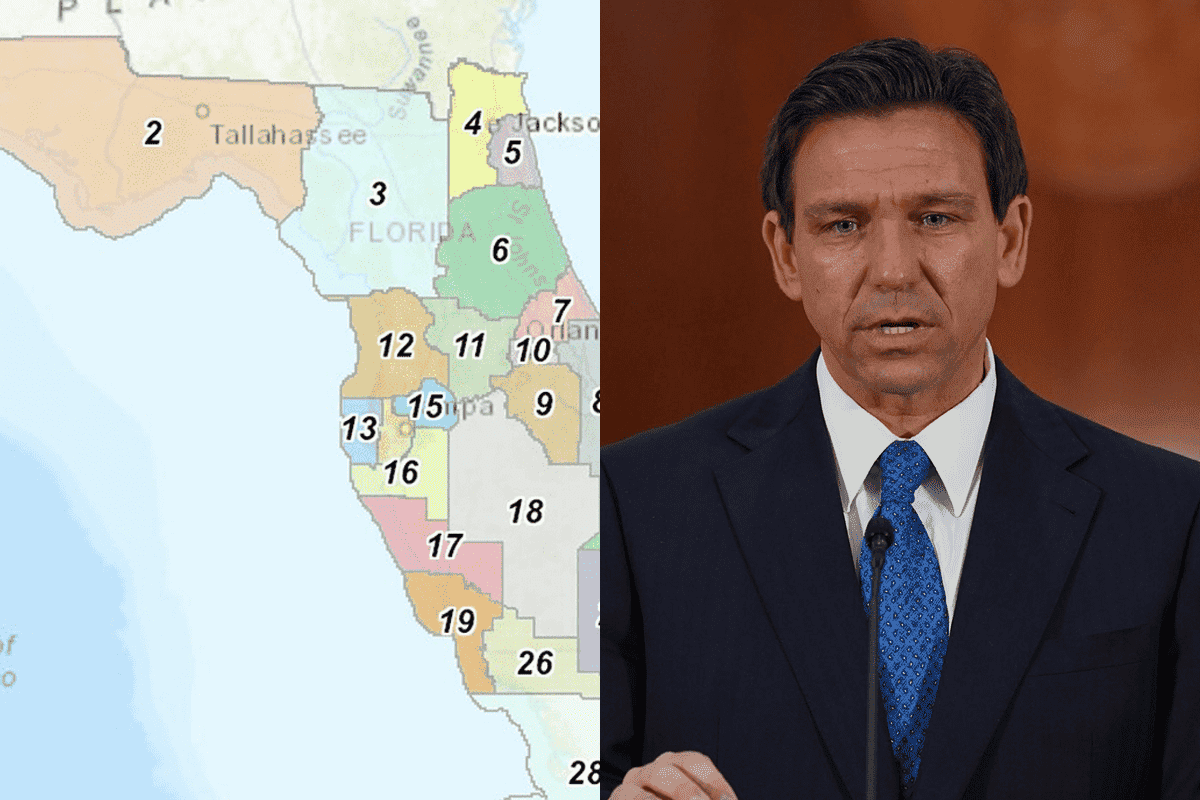Florida’s congressional map upheld in federal court, ruled nondiscriminatory

TALLAHASSEE, Fla. – A federal court ruled Wednesday to uphold Florida’s congressional district map, saying it does not discriminate on the basis of race, unlike what plaintiffs had claimed, and abides by the 14th Amendment to the U.S. Constitution.
The U.S. District Court for the Northern District of Florida said lawmakers did not use race as a motivating factor in 2022’s map to intentionally dilute the Black vote, and thus, the 14th and 15th Amendments were not violated.
“At best, Plaintiffs have shown that a different arrangement might lead to better outcomes for candidates black voters generally prefer. But they have not shown that black voters had less opportunity than other voters,” said Judge Allen Winsor, concurring.
In reaction, Florida Secretary of State Cord Byrd celebrated.
“This decision is vindication that Florida’s redistricting maps comply with Florida law and the U.S. Constitution,” Byrd said.
In 2022, the Florida Legislature and Gov. Ron DeSantis approved a map that eliminated a district previously drawn in favor of Black voters. However, the district was still “minority-minority,” not “majority-minority.”
The map had already been upheld in court late last year.
In a prior ruling, Circuit Judge J. Lee Marsh declared the map reduces the ability of Black voters to pick a representative of their choice in North Florida.
However, ultimately, courts said that decision was incorrect.
“The constitution cannot demand that all voters are treated equally without regard to race and at the same time demand that voters are treated differently based on race,” a prior ruling said.
The new map eliminated two districts, Districts 5 and District 10, that were drawn in favor of minority voters. Therefore, the map was configured to ultimately give Republicans 20 supportive districts. Democrats currently have eight representatives in Congress from Florida.
At the time, Republicans argued the map was constitutional and avoided any racial gerrymandering.
Democrats argued it disenfranchised Black voters and violated the Fair District amendment Florida voters passed back 2010.



